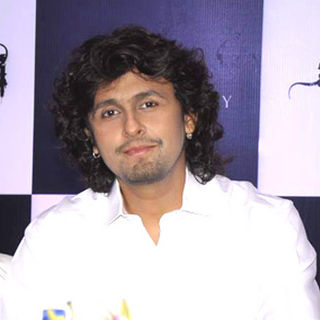A Quote by Priyamvada Natarajan
Growing up in Delhi, India, I did puzzles, explored numbers, and searched for patterns in everyday settings long before I ever saw an equation.
Related Quotes
My being Indian is possibly the biggest thing that influences my stories. Not just in terms of settings - most of the settings in my stories are Indian - but also in terms of characters and plot. I think growing up in India grew my imagination in certain ways that would not have happened in any other place. I'm also fascinated by the idea of India, and writing stories allows me to explore this. As for thematic elements, they are probably pretty obvious in my stories. I also hope that my stories bust stereotypes at least to a modest extent.
Historically, it took a long time before the court took any women law clerks. Finally, it did, but the numbers have never matched very effectively the percentages of law graduates out of graduating classes. We have far more than we ever did before and it's continued to grow, but it isn't a nice match yet.
India is calling Blood is calling to blood. Get up, we have no time to lose. Take up your arms ! we shall carve our way through the enemy's ranks, or if God wills, we shall die a martyr's death. And in our last sleep we shall kiss the road that will bring our Army to Delhi. The road to Delhi is the road to Freedom. Chalo Delhi (March to Delhi).
as a writer you are free. You are about the freest person that ever was. Your freedom is what you have bought with your solitude, your loneliness. You are in the country where you make up the rules, the laws. You are both dictator and obedient populace. It is a country nobody has ever explored before. It is up to you to make the maps, to build the cities. Nobody else in the world can do it, or ever could do it, or ever will be able to do it again.
The reality that we were growing up in was very young and vibrant, and nobody was capturing that part of India. I started to backpack after getting out of college. I hiked and did a lot of things nobody was capturing in art at all in India, so I wrote my first novel. It was a very, trippy, experience-filled novel, and it ended up doing very well in India because nobody was writing about that at that point.
There are only patterns, patterns on top of patterns, patterns that affect other patterns. Patterns hidden by patterns. Patterns within patterns. If you watch close, history does nothing but repeat itself. What we call chaos is just patterns we haven't recognized. What we call random is just patterns we can't decipher. what we can't understand we call nonsense. What we can't read we call gibberish. There is no free will. There are no variables.




































